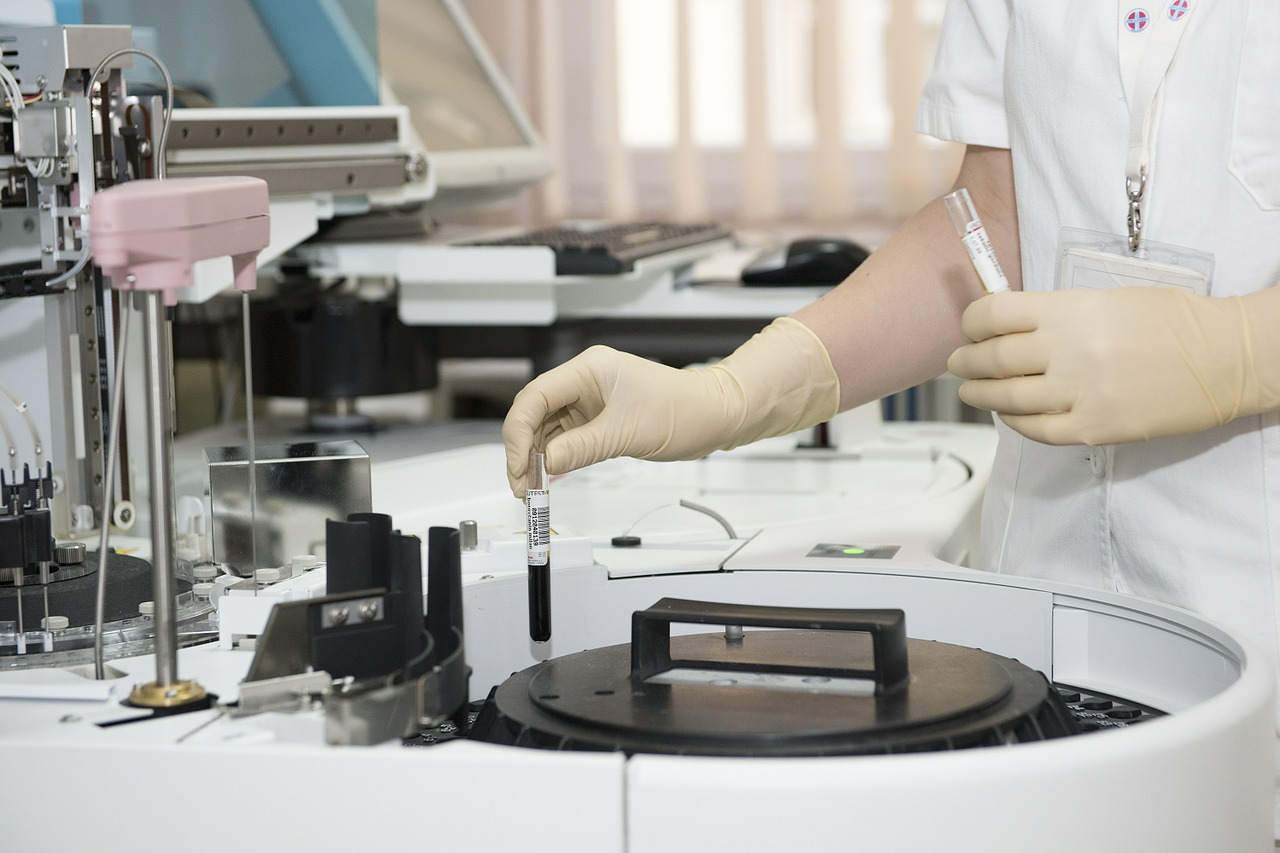With technological advancements taking over, we’re witnessing the future of the healthcare ecosystem being shaped in front of our eyes. The use of digital healthcare technologies like virtual treatments, robotics, VR/AR, medicine suggestions, technology is shaping the future for the better. Seeing the current trends, we can say that the future of healthcare is majorly dependent on collaboration with technology, the most evident example of which is the current Covid pandemic.
From data monitoring to patient registration to lab tests, everything is performed digitally. The medical world’s contribution is immense; here are 10 ways technology is shaping the healthcare industry.
1. Cloud computing analytics
Cloud computing has garnered immense popularity in past years; it has played a significant part in simplifying healthcare processes and boosted user experience. Cloud computing has made it possible to store all the data related to patients over the cloud. Further, it also allows users to access the required data and documents, irrespective of place or device.
Plus, this technology secures all the backed up data and documents and only shares with authorized id to prevent cyber forgery.
2. Health
Technology has touched every sphere, the use of smartphones has brought immense convenience to patients. Mobile applications have enabled effective communication between patients and healthcare providers. These apps help patients to manage their appointments, access health-related documents and keep their stats updated throughout.
This technology is also helping certain patients with long-term remote monitoring. Some chronic illnesses need constant medical care and monitoring, tools that are compliant with this technology help doctors to keep track of their long-distance patients.
3. Telemedicine
Telemedicine and mhealth are pretty similar; both of them deal with online communication between patients and physicians. This technology allows doctors to monitor and treat patients via video conferencing. Given the trying times that we are in, telemedicine has been one of the most effective ways of medical ailment as it eliminates the need for patients to go out for their regular checkups.
Given its nature, Telemedicine is a boon to humanity. It facilitates online consultation for people residing in remote locations.
4. Artificial Intelligence
AI has brought significant improvements in the healthcare sector. This technology helps medical professionals with faster patient data updates, detailed treatment strategies, and new drugs. With the help of AI, the healthcare industry analysed all the existing data to determine the ones that will help treat the Ebola virus. And it has already found two life-saving drugs that can lessen the impact of the Ebola virus.
5. 3D imprinting
3D bioprinting has brought revolutionary changes in the medical industry and continues to transform its future constantly. The things that seemed impossible are now our everyday reality. All thanks to 3-D printing that made printing prosthetic body parts and implants possible. 3-D printing brings relatively low production cost that leads to inexpensive healthcare service.
6. Wearable health sensors
With the advent of intelligent devices, trackers have also become widely popular. It is easier for people to track their health and other body stats with health trackers. Fitness trackers can easily monitor the heart rate and workload while you work out.
These tools also keep track of one’s weight, food nutrition, level of anxiety, and sleep cycles to ensure the person’s overall health and sleep quality.
7. Simplified DNA sequencing
Earlier, the process of DNA sequencing was expensive and time taking. But now, with technological advancement, DNA sequencing is cost-efficient, and the process is more straightforward. Doctors can easily have the DNA data and use it wherever needed.
DNA sequencing enables people to know about their understanding of certain medications, underlying genetic illnesses, and other medical conditions.
8. Robotics
The field of robotics is growing rapidly and facilitates physically disable people to live without any trouble. You can find their implications in self-driving wheelchairs, allowing partially abled people to be self-dependent. Further, robotics also play a significant role in making the rehabilitation process faster and more effective. Some medical robots also assist surgeons during critical surgeries. Some robots are even beneficial to boost a patient’s confidence level and help them cope with loneliness. Each social interaction with the robot is a step, or a building block, for the patients, especially autistic children who may be suffering from fear or avoid such social interactions. Introducing the NAO robot along with their treatment results in consistency and predictability so that the child feels safe and secure in this unique learning environment.
All the equipment built with this technology is GXP compliance, which makes it suitable for human use.
9. Effective medicine production
Modern technologies are efficient and make the medicine production process easier and faster. Now, computer simulations help to formulate drugs, medical products and also analyze their effectiveness.
Advanced technologies can help pharmaceutical companies extract more data and improve pre-existing drugs and services. It is quite possible that shortly, the drug testing process can get virtual, and newly developed medications can be analyzed from a remote location.
10. Nanotechnologies
Nanotechnologies are the most feasible and advanced solution for the medical industry. Nanodevices are expected to take over the medicine delivery system or can even assist surgeons during OT. Pre-existing nanotechnology can be instilled in the human body to transmit drugs to blood vessels only in emergencies.
Conclusion
In the modern-day healthcare system, technology plays a vital role. Technological progressions have enabled many life-saving procedures. Even reaching out to a healthcare professional from miles away was an impossible dream a few years back. Technology is constantly helping improve health; with the advent of wearable smart devices, it’s easy to track heart rate and care for your health.















